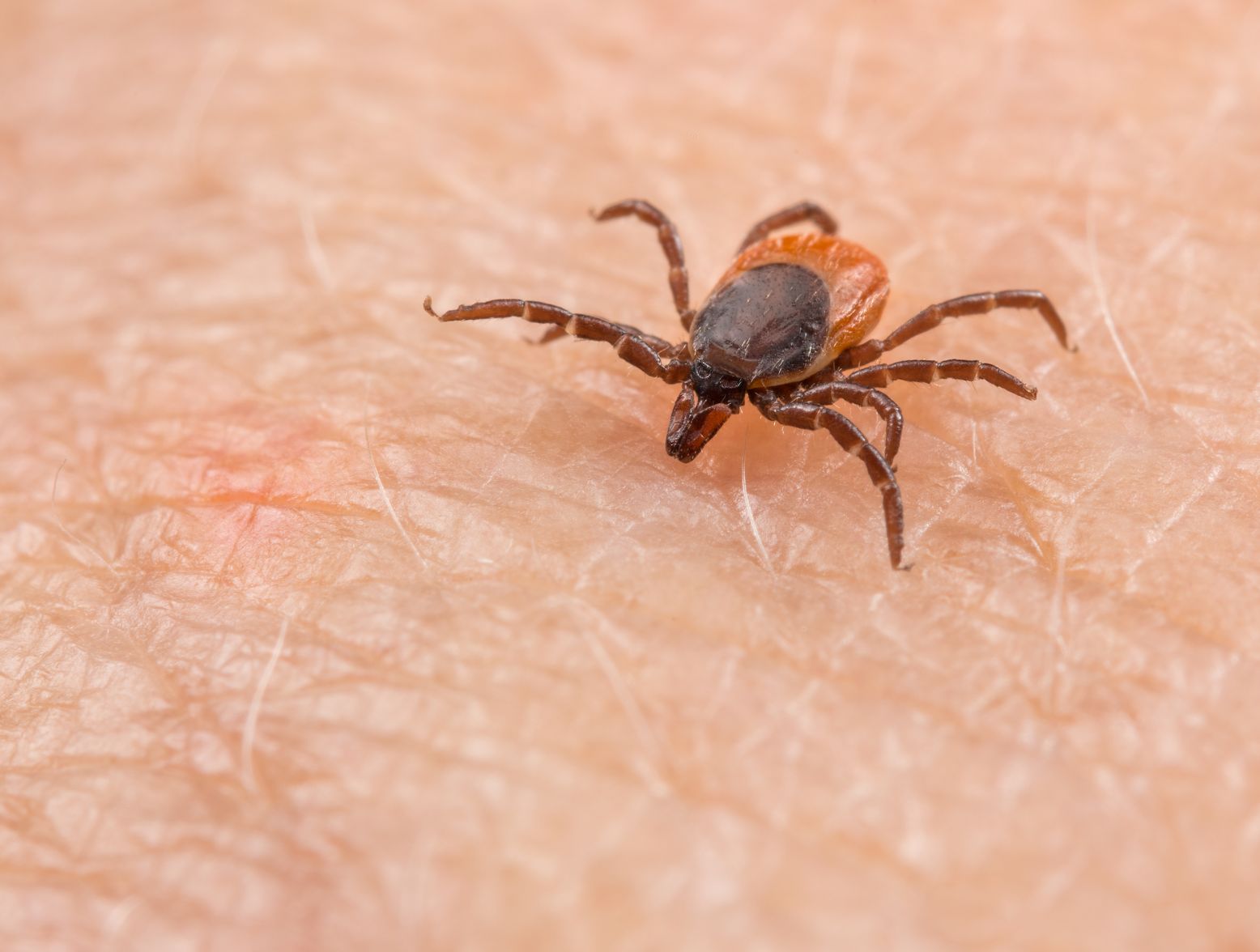Dogs Are Expensive
LOS ANGELES, CALIFORNIA - MARCH 13: "Arthur The King" K9 Screening at IPIC Westwood on March 13, 2024 in Los Angeles, California. (Photo by Jon Kopaloff/Getty Images for Lionsgate)
If you own one, or more, you know, dogs are expensive.
A recent survey of 1000 dog owners nationwide wanted to find out if owning a dog was taking a financial toll on their owners. Simply put, the answer is…yes.
Here Are Some Of The Numbers
91% of the people surveyed said that they had experienced some degree of financial stress related to the cost of pet care for their dog.
66% of people say they’ve cut back on personal spending in response.
65% say that they’ve had to ask friends and/or family for money.
33% say they have taken a second job and/or looked for new income opportunities.
26% said that they spend $51 to %100 a month on their dog.
Another 26% spend between $101 and $250 per month.
About 1% spend more than $1000 a month.
The cost of dog food has increased 25% in the last four years.
The vet is 11% more in just the last two years.
55% said that they’ve delayed or cut back on veterinary services.
48% have made decisions about educational opportunities based on the cost of caring for their dog.
Where You Live Matters
27% of people aged 18 to 27 and 17% of those living in the Midwest are most likely to spend $500 or more each month on their dog.
22% of people aged 59-77 and 31% of dog owners living in the Southeast are most likely to spend $50 or less per month on their dog.
What About Food
Now we don’t have a dog, we have two cats. We’re spending close to $70 on food each month. We’re probably spending close to that in litter.
One small way we’re saving money is when it comes to the vet. There was a time when our oldest cat, Jonesy required sedation (gas) before being seen by the vet. That was over $100 just walking in the door. Now, at 14 years old, the vet is no longer comfortable putting him under and now, we have pills to crush up in his food to calm him down before his vet visit.
Don’t even get started on pet insurance!
Tick Season Will Be Extra Brutal - How to Protect Yourself
If you’re someone who dislikes the snow and ice, then you probably have been loving this winter. Warmer temperatures have flourished throughout the U.S. But, that also means more bugs and ticks. Moreover, tick bites aren’t something to take lightly. Now, health agencies across America are warning that this year’s tick season is going to be extra bad.
So, why will there be more ticks this season? It’s simple. A warmer winter means that the tick population didn’t die off like it would have in freezing temperatures. That means there are going to be way more ticks attacking both humans and pets.
What makes ticks so dangerous? They could be carrying the bacterium Borrelia burgdorferi, which causes Lyme disease. “The bacterium can be transmitted by the blacklegged tick, if infected,” the Michigan DNR says on its website. They add that it’s “the most commonly reported vector-borne disease in the United States.” Moreover, the Pennsylvania Department of Health notes that ticks can also cause Anaplasmosis, Babesiosis, Ehrlichiosis, Spotted Fever Rickettsiosis, Powassan Virus, STARI, Alpha-gal Syndrome and Borrelia miyamotoi disease. Not cool.
So, what exactly is a tick? It’s an arthropod, like a spider. “Ticks have 8 legs, are very small, and attach to a person or animal to suck blood. In Pennsylvania, many ticks carry diseases,” the Pennsylvania Department of Health notes. “Ticks can be found anywhere: outdoors in areas with long grasses and weeds, leaf piles, the woods, and even in your own yard.” That said, it’s important to protect yourself and avoid tick bites. That doesn’t mean you have to totally avoid going outdoors. But, you need to be cautious. I love being outdoors in the warm months, and I also live near the woods. So, I’m going to be extra mindful of ticks this season. Here are some expert tips I’m following, and you should, too.
How to Protect Yourself From Ticks:








